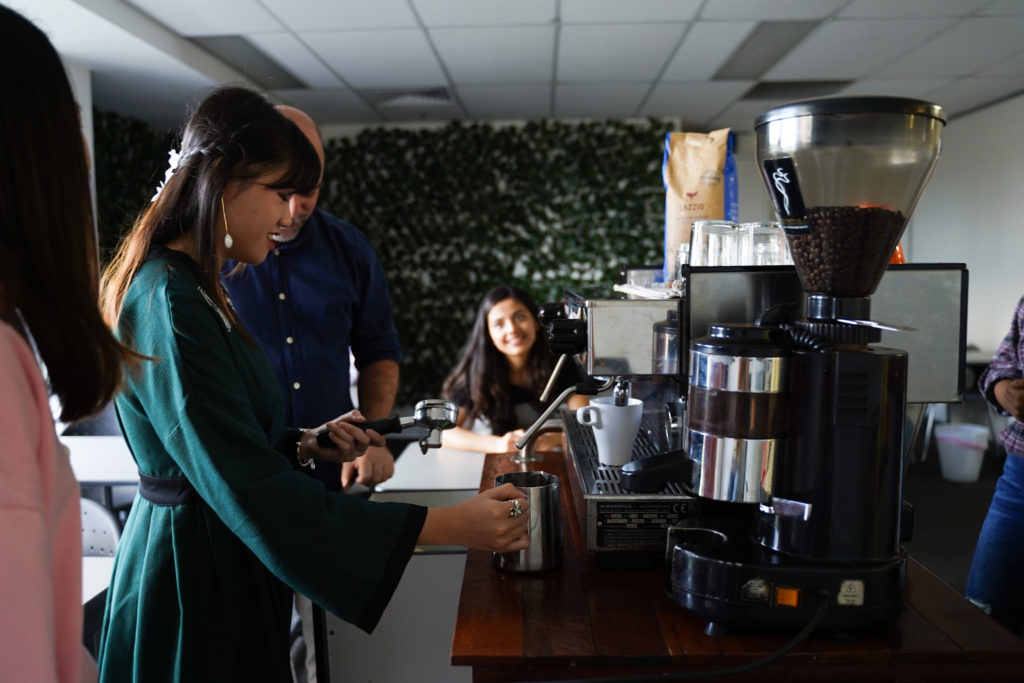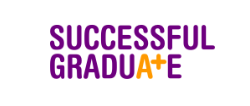Hunting for a job in Australia is a fairly straightforward process. There is a huge range of websites, listings and support services, both specialised and more general, with comprehensive information of jobs on offer. Once you’ve found your ideal job, your goal is to actually get it.
As an international student in Australia, you have the opportunity to work while studying, but also to find full-time work post-graduation, while your knowledge is fresh and the network you have built is strong.
Whether you’re looking for a part-time or casual job, or jumping into your career, we’ve teamed up with Successful Graduate to offer seven top tips to help you successfully secure a job in Australia.
1. KNOW WHO YOU ARE BEFORE TRYING TO SELL YOURSELF
You have your own unique personality traits, values and soft skills. Before you try to prepare your job application, you should go through the process of improving your self awareness and developing your own value proposition or ‘elevator pitch’.
By taking the time to understand what is unique about you as an individual, you can then learn how to package your own unique attributes into your job applications. Employers always prefer candidates who are self aware, because these people tend to be fast learners who are capable of fitting into existing work teams.
You can read more about this process here and here.
2. LEARN HOW TO UNDERSTAND WHAT AN EMPLOYER IS REALLY LOOKING FOR
Job applications are tricky things. Job listings often come with a range of prerequisites, recommended skills and necessary qualifications that you have to fulfil. A number of applicants will be able to tick these boxes, but it’s about highlighting what is most important to those in charge of hiring. In other words, what matters is reading between the lines in a job listing, to work out what an employer really wants.
Often, you’ll find it’s not your tertiary qualification, but your workplace skills and experience that are most valuable – these are the things that will be listed in detail on the job listing. Your employer wants to hear about how you have these skills and where you developed them, rather than your grades.
Read more about how to work out what an employer is looking for here.
3. BUILD AND USE YOUR OWN NETWORK
Knowing where and how to network is very important in Australia. For many international students, this can be seen as a barrier to employment, but it doesn’t need to be. Some of the best networkers are international students; the trick is knowing where to look for the network and how to start a conversation, which could lead to further introductions.
There are industry networking organisations that you can join as a student, and people you can get to know in your industry. There are ways to start conversations with these people that could open a door to employment for you. You might even get a job offer without having to write an application!
Find out more about networking here and here.
4. DEVELOP THE SOFT SKILLS OF CONFIDENCE AND RESILIENCE
We usually get excited when we discover that we have been selected for a job interview. However, only one in five people selected for interviews tend to be offered the job. One of the most common difficulties associated with job searching is learning to deal with rejection. Understand that you are unlikely to secure a job from your first application. By developing the soft skills of confidence and resilience, you’ll better handle the (often) long journey that is associated with job searching.
To learn more about developing your confidence, click here.
5. PERFECT YOUR WRITTEN JOB APPLICATION
Perfecting your written job application skills takes time and practice. There’s no all-purpose, winning formula when you’re filling in applications – you have to tailor them to the job you’re applying for by making sure that you’re fulfilling all the necessary requirements (for example, if there are questions you must answer, make sure you’ve answered them all).
You’ll also need to make sure your CV and cover letter format is to a professional Australian standard. If you didn’t manage to get a job with your written application, it’s a good idea to reach out to the person in charge of hiring and ask them how you could have improved your application.
You can read about an international student graduate’s tried-and-tested job application tips here and learn more about answering selection criteria here.
6. MANAGE YOUR ONLINE PRESENCE AND REPUTATION
Did you know that you can actually harness your social media profiles to help you with your job applications?
Chances are, your name will be typed into a search engine if you are shortlisted for an interview, but sometimes, students don’t think about changing the privacy settings on their social media accounts. Will the employer like what they see? Do you have a professional online presence, including a well-formatted LinkedIn profile?
Click here to learn more.
7. PREPARE FOR THE INTERVIEW
Rather than turning up unprepared, it’s always better to practise before your interview – this can help calm your nerves too. You can do this by looking for common interview questions online and preparing succinct responses, and researching the company or business and role that you’re applying for. This way, you can answer and ask specific questions and demonstrate your interest and dedication to the role.
It also helps to dress the part. It’s always better to overdress for an interview, rather than underdress. Give yourself time to prepare physically (in addition to mentally!) for the interview, and allow plenty of extra time to get to the meeting early.
This podcast is a great resource if you want to learn more about preparing for an interview.
You can find extra tips on preparing for your interview here, here and here.






